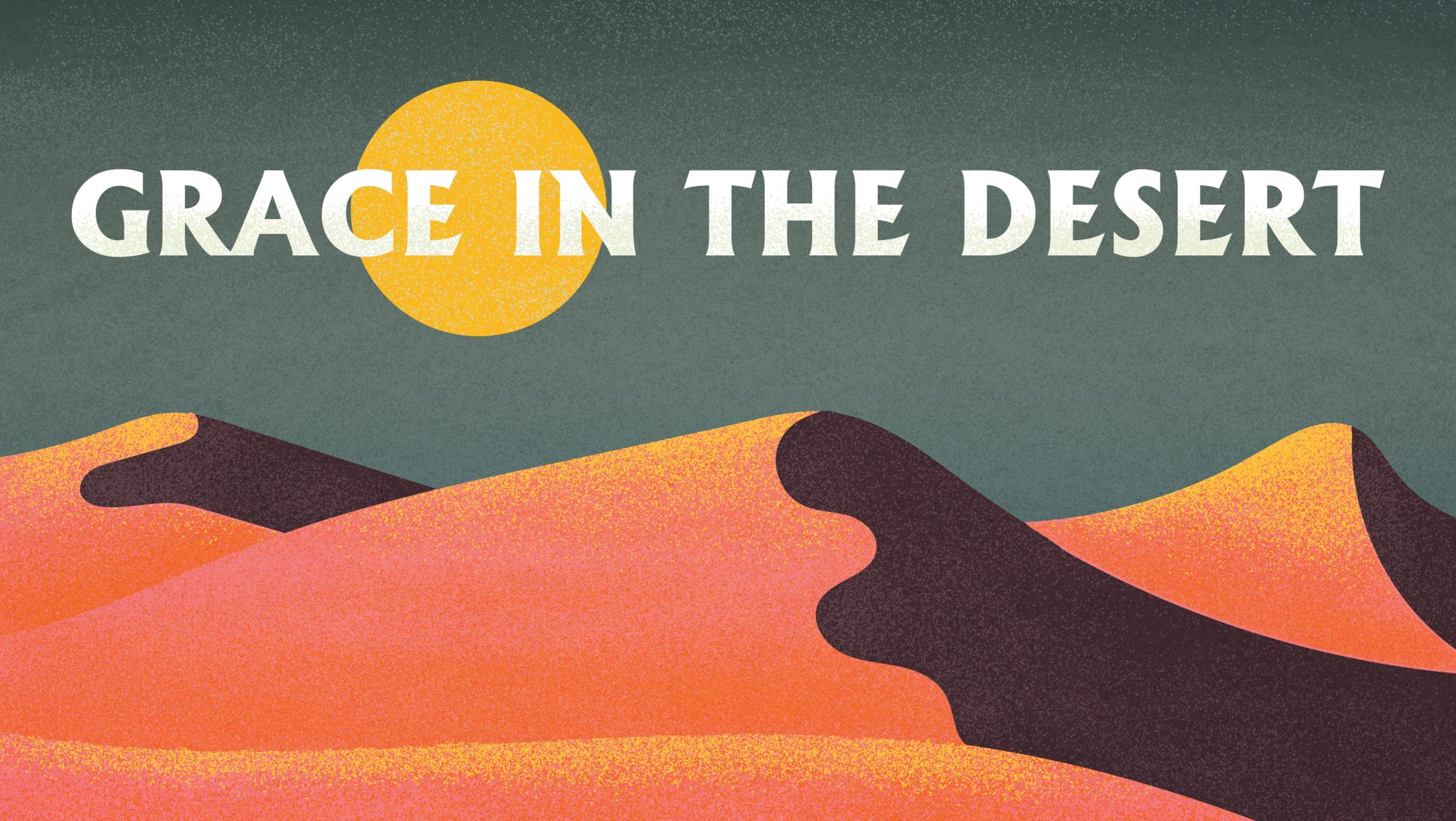
Exodus 16
If you are anything like me, you have been looking at your own face a lot more over the past two weeks than you normally do. Our new ally, the Zoom call, has given us the opportunity to see our friends and families and co-workers “face to face”, but has also given us the opportunity to see our own faces a little more frequently too. And it’s uncomfortable. There’s that freckle, or wrinkle, or gray hair that’s probably always been there, but you have never had the chance to see it before.
It has been said well by many in these last weeks, that our current cultural crisis is somewhat like this. In this strange and uncertain time, we are experiencing realities that have always been true of us, both as creatures and as Christians, only now in a much more palpable way. We feel the depth of our dependence, the lack of our control, and the need we have for community, and we feel it more acutely than we did a few weeks ago.
Once such reality that has become more tangible for me is that we, like God’s people in the Old Testament, are desert wanderers. We live in the reality of the already and the not yet, between God’s great act of redemption at the cross and that glorious day when he will restore all things. We live in the desert, between the Red Sea and the Promised Land where we are often weary, lonely, vulnerable, and afraid.
But God does not leave us here alone. Instead he draws near to us- though smelly, complaining, and forgetful we may be. Counselor, Ed Welch often says it this way, that when we are wandering in the wilderness, anxious and afraid, we have a God who comes close. He comes close to give us his grace and to give us himself. He comes close to give his wandering and weary people both his provision and his presence.
Exodus 16 tells the story of God’s provision for his people. In the midst of their great hunger and need, He gives them manna for each day. He feeds them- enough to satisfy, enough to strengthen, enough to sustain. He gives them the exact grace to meet the exact need.
He draws near
- to meet sadness with comfort
- to meet anxieties with peace
- to bring light into darkness
- to bring strength into our weariness
- to bring patience in parenting
- to bring forgiveness in failures
- to bring friendship in loneliness
- to bring fullness in loss and
- to bring covering to shame
He draws near, to give manna for the day. Exact grace for the exact need. He instructs them to gather only enough for that day’s need, and to leave tomorrow in his hands. In doing so he not only does something for us, but also something in us. He teaches us to trust and to live fully present in the right now. He teaches us not to give tomorrow our hopes, our anxieties, or our hearts. He teaches us to rest in him, for all our need, for all that today might bring. And what about tomorrow? His mercies are new every morning, and he gives more grace.
God draws near to his people to meet their needs, but he ultimately draws near to them to give them himself. The greatest gift of the desert was not the manna, or the water, or the quail, but his presence in their midst. It was the great promise of the covenant. That no matter where they journeyed, he would be their God, they would be his people, and he would be with them.
But this was the gift the Israelites often missed. They wanted to be where they were fed and full. They wanted to be where they felt safe and secure. They wanted to go forward, or they wanted to go back. They wanted to be anywhere but where they were. They wanted to live any day but today. But the reality was that God was with them in that place, in that time. He was with them in their right now. To meet their needs, and to give them what they needed most, namely himself. In their struggle and need and longing and loss, what he wanted to give them was more of him!
Friends, we do live in the desert, but we also live on the other side of the cross. We have seen just how far God was willing to go to draw near to us, to meet our needs and to give us himself. The grace in this unprecedented season is that while we may experience the pain of the desert much more acutely, we can experience the presence and character of Jesus in a much more tangible way too. We can draw near to the one, who in order to draw near to us willingly went out into the desert- to experience our vulnerability, our struggle, our hunger, our loneliness, and our need. And then he went to the cross, so that these realities would not define us. He went to the cross so that the overarching story of our spring and of our lives would not be one of hardship but one of hope.
He went to the cross so that he could give us what we needed most. He went to the cross so that he could give us himself. Paul’s argument in Romans 8:32 is one from greater to lesser,
He who did not spare his own Son but gave him up for us all, how will he not also with him graciously give us all things.
Puritan, John Flavel says it this way:
Surely if he would not spare his own Son one stroke, one tear, one groan, one sigh, one circumstance of misery, it can never be imagined that ever he should, after this, deny or withhold from his people, for whose sake all this was suffered, any mercies, any comforts, any privilege, spiritual or temporal which is good for them.
Wherever we find ourselves in the desert this morning, in the midst of our weariness, our loneliness, our struggles and our fears, let us lift our eyes to the cross of Christ. May we see the trustworthy and faithful one, who hung there so that he might bring us into his presence, and in himself provide us with every grace we need for today.
